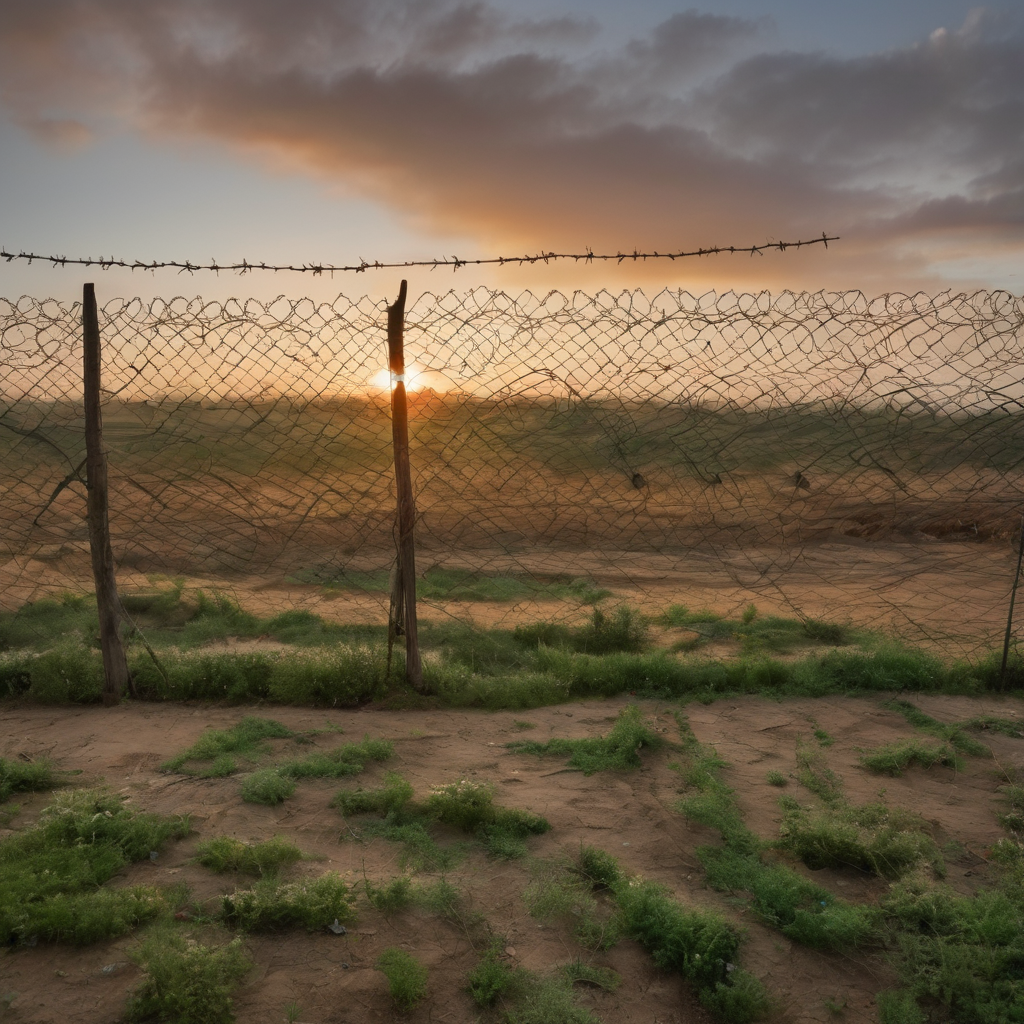A ceasefire between Israel and Hamas continues to hold for a third consecutive day as of Sunday, creating opportunities for the expected release of Israeli hostages and Palestinian detainees. This truce coincides with U.S. President Donald Trump’s upcoming address to the Israeli parliament, the Knesset.
As the ceasefire endures, many Palestinians are moving north toward Gaza City, an area that has seen heightened Israeli military activity in recent months. There is a growing sense of optimism that this ceasefire could lead to a resolution of the ongoing conflict.
Israeli government spokesperson Shosh Bedrosian has stated that the release of hostages is anticipated to begin early Monday, with an initial group of 20 living hostages expected to be freed at once. If conditions permit, Israel is prepared to welcome additional early releases. Furthermore, arrangements are being made for the return of the remains of 28 deceased hostages following the liberation process.
The ceasefire agreement specifies that Hamas must complete the release of all hostages taken during the unexpected attack on October 7, 2023, by noon on Monday. In light of potential difficulties that may arise in locating the deceased, Israel’s hostages coordinator, Gal Hirsch, has announced the establishment of a dedicated task force to facilitate retrieval efforts.
As President Trump prepares for his visit to Israel, he is set to engage in discussions at a world leaders’ summit in Sharm El Sheikh, Egypt, aimed at finding solutions to halt the violence in Gaza. Trump’s envoy, Steve Witkoff, along with Jared Kushner, addressed a rally in Tel Aviv on Saturday, encouraging the Israeli public to remain hopeful about the release of hostages and the prospects for a permanent ceasefire.
The United States, alongside Egypt, Qatar, and Turkey, played a crucial role in negotiating this initial ceasefire agreement, highlighting shared interests that facilitate both the release of hostages and the terms for Palestinian prisoner exchanges.
Past discussions around a more extensive ceasefire have underscored the urgent need for peace, especially considering the severe humanitarian crisis in Gaza, where reports indicate that over 56,000 Palestinian lives have been lost since the conflict escalated. This stark reality emphasizes the necessity for a comprehensive resolution.
Despite the complexities of the ongoing situation, the willingness of both sides to engage in dialogue presents a critical pathway toward lasting peace and much-needed humanitarian relief. The evolving circumstances foster hope that increased diplomatic efforts can stabilize the region and promote understanding among the affected communities.
